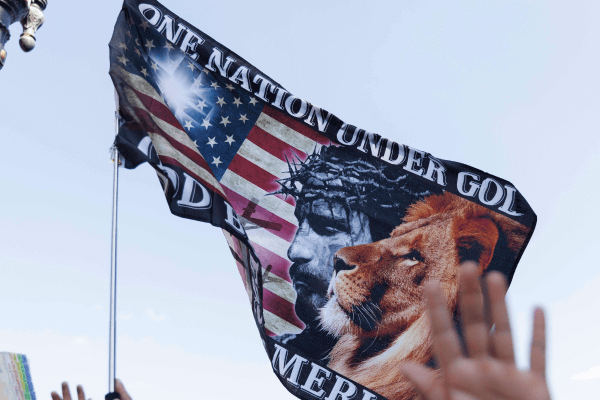Oct 2, 2023
As a Jewish atheist, I’m not invested in arguments about which version of Christianity is truer. However, I am skeptical when I hear Christians respond to Christian nationalism by distinguishing it from “true,” “Christlike,” “pure,” or “orthodox” Christianity. If Christianity is only true Christianity when it is good or kind, then no “true” Christian ever does anything bad. That makes it easy to dismiss Inquisitors and slaveholders alike in the past, and it makes it easy to dismiss structural power to do harm that you may have as a Christian now as well.
Read the Full Article

Already a subscriber? Login
